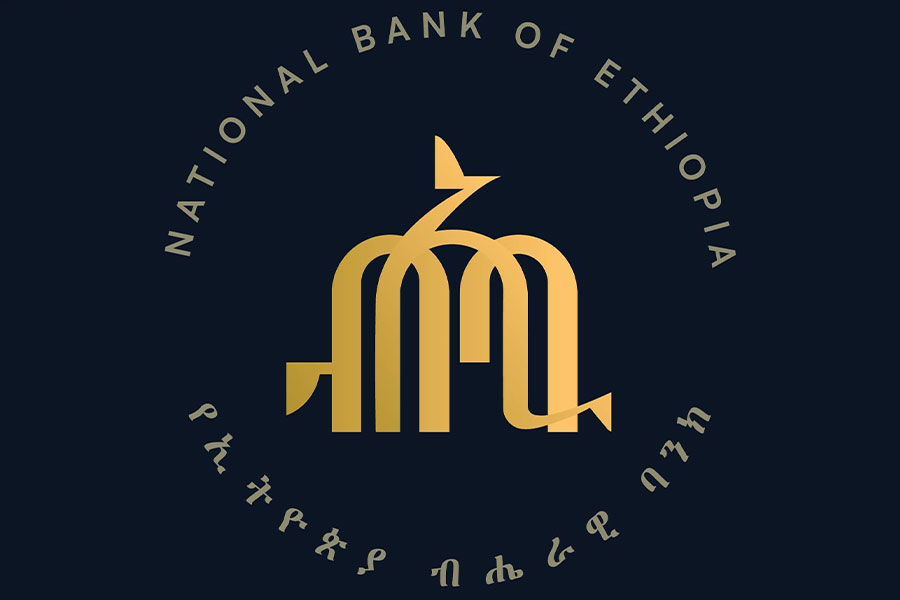
Apr 20 , 2019
By Eskender Mulugeta
Eskender Mulugeta is founder and project director of Food Secured Schools Africa, which promotes gardening in Adiss Abeba’s schools. He can be reached at eskyau@gmail.com.
One of the most urgent development challenges of the 21st century is combating poverty in Sub-Saharan Africa. Poverty is higher in most of these countries than elsewhere in the developing world. Most of them have real growth rates of less than five percent and about a third of all Africans live below the poverty line.
Ethiopia, one of the poorest countries in the world, suffers from the same problem. But growing up, we used to eat well, and there was plenty of food in our house. This was due to farmers like my grandmother, who owned three hectares that fed not only six household members but also paid 10pc of its yield in taxes.
The harvest was plenty, and she recalled that 15 to 20 sacks of maize were produced from every hectare without any inputs such as artificial fertilizer. She said the land was very productive, and she wonders why these same fields are declining in productivity, even if farmers are now using new technologies such as improved seeds and fertilizers.
Indeed, food production per capita has declined by 17pc in Ethiopia since the 1970s - so my grandmother was right. Research and development investments in agriculture were made, but they were very poor in terms of implementation. Lack of funding is also another challenge of African governments.
There are nonetheless experiences Ethiopia can look to in its African peers to ensure food security and transform the agriculture sector. One of them is Uganda, which exports food items such as maize and beans and even milk to South Sudan, Kenya and Rwanda. Uganda by 2016 had the largest area under organic farming in Africa, only second globally to India.
The country adopted policies in the late 2000s aimed at creating an enabling environment for growing, processing and marketing organic products.
Urban agriculture and school gardening are widely practiced in Uganda. I visited one school that is food secure all year long as a result. The social value of agriculture being very high means people moving into the sector with full interest. Most importantly, Uganda has a strong educational policy and curriculum that includes agriculture as a subject.
And while Uganda does have poor infrastructure, marketing is active. Smallholders have become major beneficiaries since the government gives incentives such as tax cuts to private players that buy agricultural products from smallholder farmers.
The outcome of these efforts have not disappointed, Ugandan farmers are now enjoying improved income and food security due to reduced agricultural chemical runoff and certified organic export revenues. Milk in Uganda costs three-quarters of what it does in Ethiopia.
This is while in Tanzania, agricultural research centres take up two percent of the nation’s annual budget. The centres have the mandate to produce at least two new research products every year targeting smallholder farmers. There is even a national slogan, “kilmokaza,” loosely translated as “Agriculture First,” showing that they ascribe great value to the sector.
Another country from which experiences can be gained is Malawi. Incentives and support from the government give smallholders an easier possibility of organising and moving into commercial farming. In Kenya, they use technologies such as mobile applications that can conduct soil testing, which have contributed to the nation being able to counter infestations such as fall armyworm early.
One of the most important experiences Ethiopia should adopt is improving private sector involvement in the agricultural sector. This though does not mean that commercial agriculture should be encouraged at the expense of smallholder farmers. This is actually what is taking place when it comes to flower farms that employ 20 people a hectare – which is not sustainable given an exploding population and decreasing land resources.
Notably, in Uganda, smallholders are made to benefit from commercial companies located close by in terms of getting training and knowledge and experience sharing. Private players are as well encouraged to maintain existing infrastructure so farmers have easy access to markets. Farmers are thus economically empowered, and their business is sustainable.
Ethiopia’s government needs to strive to create a suitable environment for smallholders to work with the private sector, especially by helping them mobilise and ensuring they get loans in commercial farming projects.
Strong government regulation is also needed to control agricultural projects and implement sustainable strategies as well as more investment in research centres to find country-specific ways of addressing the problem.
There also needs to be an agency dedicated to waste management, composting and recycling to restore soil fertility. Encouraging the local private sector to be involved in agriculture would be helpful as well.
PUBLISHED ON
Apr 20,2019 [ VOL
20 , NO
990]

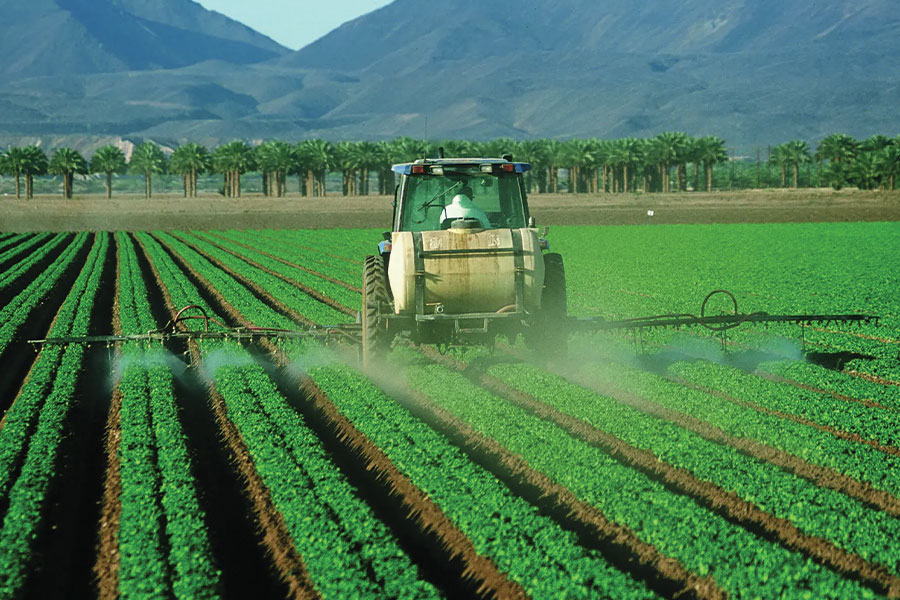
Advertorials | Aug 02,2025
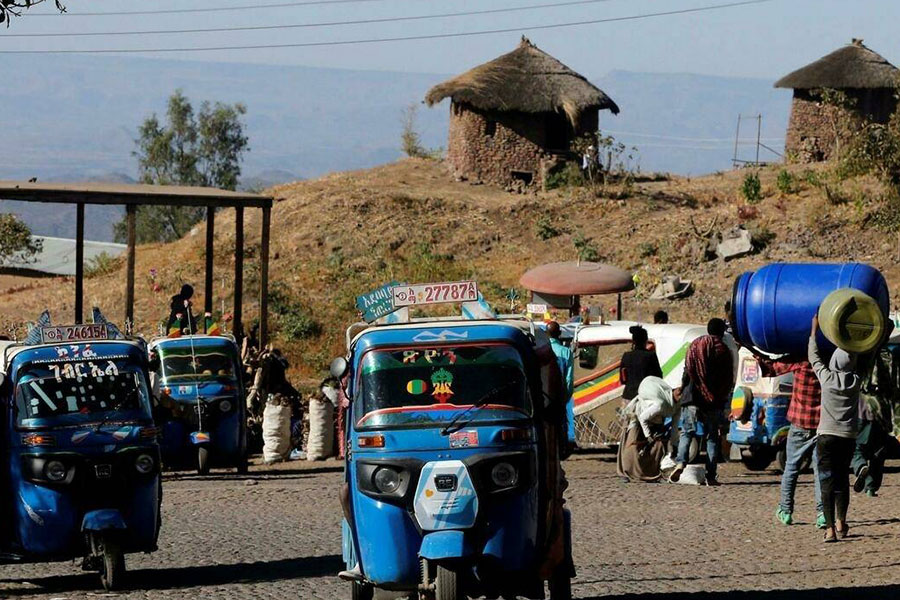
Agenda | Nov 06,2021

Radar | Jun 29,2019

View From Arada | Nov 30,2019

Commentaries | Dec 04,2021

Radar | Apr 08,2023

Radar | May 06,2023

Sponsored Contents | Mar 21,2022
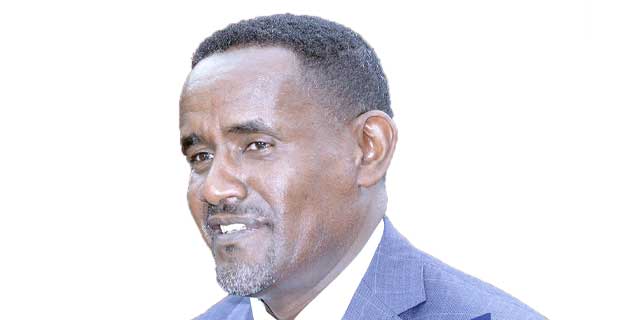
Fortune News | Feb 08,2020
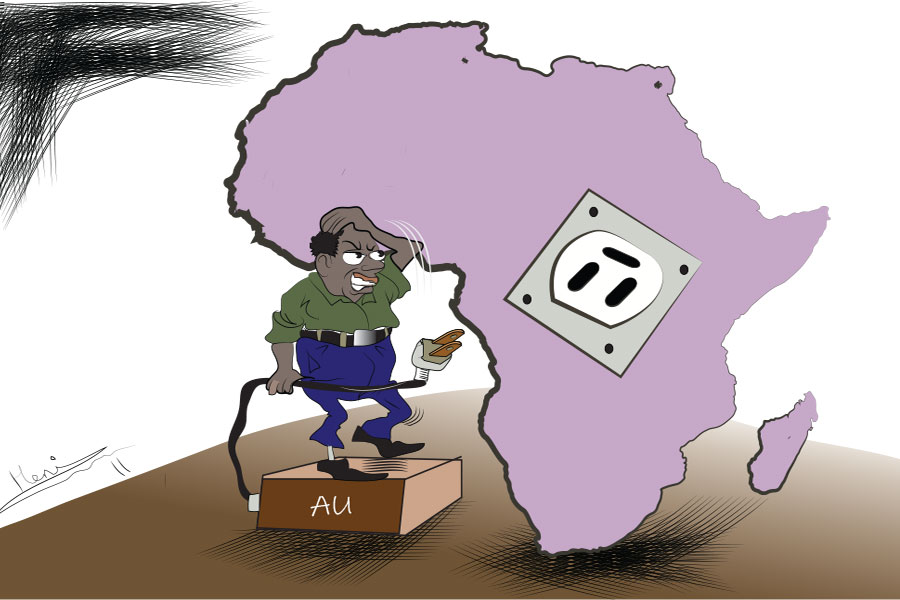
Editorial | Jun 08,2019

Photo Gallery | 180812 Views | May 06,2019

Photo Gallery | 171005 Views | Apr 26,2019

Photo Gallery | 162120 Views | Oct 06,2021

My Opinion | 137329 Views | Aug 14,2021

Dec 22 , 2024 . By TIZITA SHEWAFERAW
Charged with transforming colossal state-owned enterprises into modern and competitiv...

Aug 18 , 2024 . By AKSAH ITALO
Although predictable Yonas Zerihun's job in the ride-hailing service is not immune to...

Jul 28 , 2024 . By TIZITA SHEWAFERAW
Unhabitual, perhaps too many, Samuel Gebreyohannes, 38, used to occasionally enjoy a couple of beers at breakfast. However, he recently swit...

Jul 13 , 2024 . By AKSAH ITALO
Investors who rely on tractors, trucks, and field vehicles for commuting, transporting commodities, and f...

Nov 1 , 2025
The National Bank of Ethiopia (NBE) issued a statement two weeks ago that appeared to...

Oct 25 , 2025
The regulatory machinery is on overdrive. In only two years, no fewer than 35 new pro...

Oct 18 , 2025
The political establishment, notably the ruling party and its top brass, has become p...

Oct 11 , 2025
Ladislas Farago, a roving Associated Press (AP) correspondent, arrived in Ethiopia in...

Nov 2 , 2025
The National Bank of Ethiopia (NBE) has scrapped the credit-growth ceiling that had s...

Nov 2 , 2025 . By SURAFEL MULUGETA
The burgeoning data mining industry is struggling with mounting concerns following th...

Nov 2 , 2025 . By YITBAREK GETACHEW
Berhan Bank has chosen a different route in its pursuit of a new headquarters, opting for a transitional building instea...

Nov 2 , 2025 . By BEZAWIT HULUAGER
Nib International Bank S.C. has found itself at the epicentre of a severe governance...